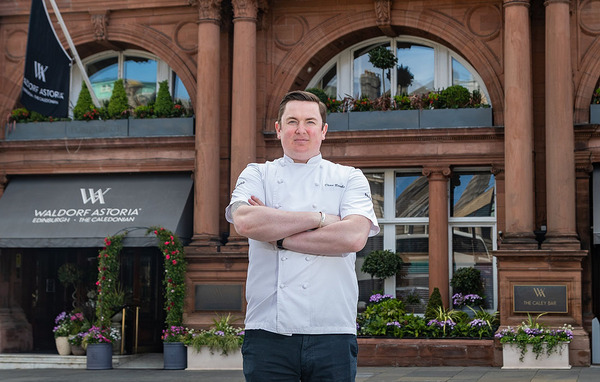Wake-up call – How to prepare a planning application and smooth its approval
Thinking of converting a country house into a hotel? Chris Green goes into the steps needed to prepare a planning application and smooth its approval
**
THE PROBLEM**
I am considering the purchase of a large country house with a view to converting it into a hotel. There is some opposition from local residents and I am concerned that this will have an effect on securing planning permission. Is there anything I can do to "smooth" the path of the planning application?
THE LAW
As with most areas of the planning process, there are no "hard and fast" rules, rather the subjective interpretation of policies. As such, different councils often take different approaches. Nevertheless, there are some key planning policies to be aware of.
In general terms, the Government encourages hotels and other commercial developments to be located in town centres. By their nature, country houses tend to be in more rural locations and proposals to convert them to hotels don't always sit comfortably with the "town centre" focus. But on the other hand, the Government's policy on "sustainable development in rural areas" takes a more positive approach, supporting the conversion of buildings to support the rural economy by generating tourism and leisure opportunities.
At the local level, policies can vary significantly, reflecting local issues and context. Some planning authorities are more positive, accepting the need for development to generate job opportunities. This is particularly the case in areas where tourism plays an important role in the rural economy.
When it comes to the more detailed matters like noise and traffic, there are normally more general policies requiring that development should "not harm" the amenity of any residents, or cause any highway safety or capacity problems.
EXPERT ADVICE
It's important to speak to people before progressing, especially where there may be local opposition. Explain your plans to the local planning authority at an early stage so they can advise on local policies and highlight issues or concerns. They will also give guidance on the content of your application and the technical information needed in support.
At this stage it may be worthwhile instructing a planning cons-ultant to act on your behalf and liaise with the council. A consultant will also be able to instruct appropriate specialists. For example, an acoustic consultant can deal with noise issues, or if it's an old building you might need a specialist architect or historic buildings expert. Instructing the right technical expert will help you move quickly and improve prospects, saving time and money.
If you anticipate objections, deal with them "up front". With the coalition Government's emph-asis on "localism", it is increasingly important to speak to local politicians and neighbours to reduce objections and uncover active support.
Speak to local residents - their concerns may be based on misconceptions or unfounded fears. Simple solutions could overcome objections.
It may sound obvious, but when preparing the application it is important to present a positive case. Think positively about your proposal, for example:
â-Â How will it contribute to the local economy?
â- Will it improve the appearance of the area?
CHECK LIST
â- Speak to your local planning authority at an early stage to help prepare your application.
â- A planning consultant can advocate for you, liaising with the council and potential objectors.
â- Bring in technical experts where necessary to address issues of noise, traffic etc.
â- Sell your scheme and think about the positive benefits to help harness support.
BEWARE!
Above all, maintain a dialogue and monitor the progress of your application throughout to make sure there are no surprises.
Continually review consultation responses, dealing positively with any objections and highlighting the support you have.
It can be challenging, but befriend the planning officer and do what you can to help them take a positive view of your application.
CONTACT
Chris Green is an associate partner at independent planning consultants DPP

















